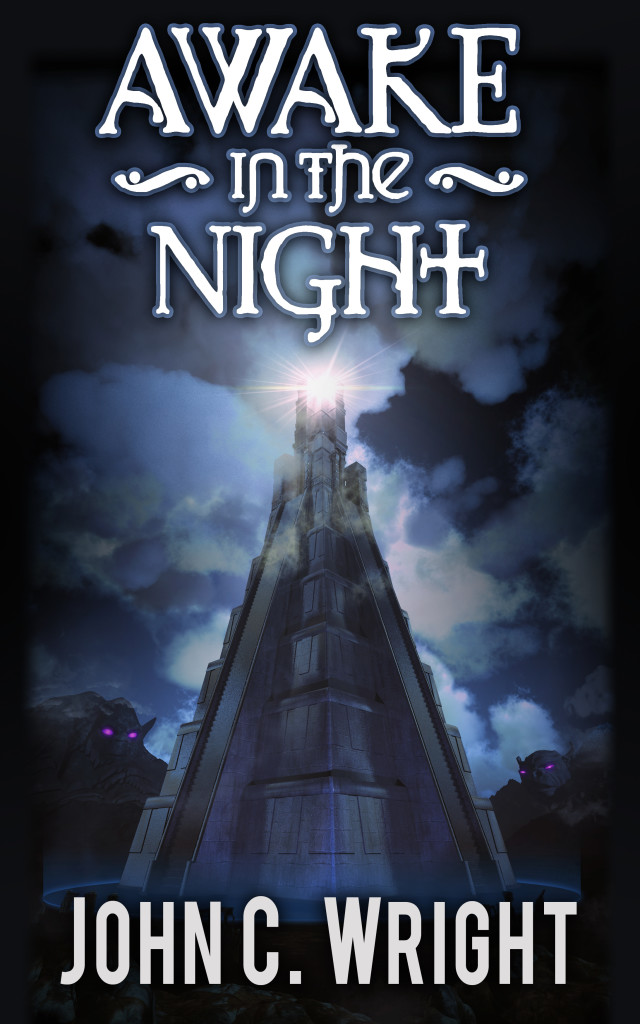Last week, I wrote an article for the Intercollegiate Review called Heinlein, Hugos, and Hogwash.
The point of the article was the a certain segment of the science fiction community has taken it upon themselves to police the rest of us for the political correctness of our thoughts. Their preferred tool to do this is peer pressure, sniping, sneering, cavorting, complaining, and being busybodies and public nuisances.
The result has been getting people fired from magazine gigs, disinvited from being guests of honor, or boycotting anthologies that offend arbitrary quotas, urging fandom to vote against Hugo nominees based on the author’s conformity to the peer pressure, or kicking lifetime members out of SFWA for holding uncouth opinions.
I am surprised, but should not be, that an obscure opinion in an obscure journal by an obscure author such as myself would provoke so many loud and hostile reactions. (Maybe it is a slow news day and there is nothing else to fret about.)
Why so vehement a reaction when so my other published opinions of mine, much more controversial, go uncontroverted? I suspect that the witchhunters hate being identified for what they are. Truth is their kryptonite.
I won’t bother linking to them. Overhearing strangers talk about me either in praise or blame bores me, since I am not a fascinating subject to myself, and none of these people know my character or my character flaws.
But I will make one comment, which I hope is telling:
Please note that these various articles critiquing my article do not say, “the witch hunt never happened; we, the socially-aware segment of the science fiction community, are completely forgiving of all personal flaws and differences of opinion, political and personal, between ourselves and Malzberg, Moon, Correia, Card, etc, and we judge their works only on the merit of the writing!”
Instead they say, “But those people he defends really are witches and pariahs! Right-thinking people must have nothing to do with them!”
Which would seem to prove, rather than refute, my point.
If a man should accuse you, my dear slow-witted stormtroopers of love and tolerance, of being unloving and intolerant to the point where you are ostracizing pariahs, and if, in reply to the accusation, your reflex is to declare the accuser to be a pariah and ostracize him, then onlookers are not likely to be convinced the accusation is inaccurate.
Even if everyone I defended were as guilty as sin, a forgiving crowd would have forgiven those sins.
The defense has proven the case for the prosecution. The prosecutions rests.
——————————————-
AN AFTERWORD TO THE AFTERWORD: For those of you interested in following the silly gossip about me:
http://file770.com/?p=16991
My comment: A man whom no one in his right mind would call a bigot, if he asks men to be forgiving of bigots, is called a bigot. Anyone who speaks up for the lepers becomes a leper. The problem here is that if you are expelled from a small circle, you are not shoved into a closet, but shoved out into a larger world.
The so-called leper colony of science fiction readers interested in well written science fiction work is a wider world than the science fiction readers fascinated with the the follies and paradoxes of political correctness.
I am happy to hear about a good review.
Mr Scalzi has unambiguously denounced a comment purported to be from him left by some gossip (whose business it is to stir up enmity between comrades) attempting to drive a wedge between us.
I will never doubt him again! He and I still need to overcome the Pluto-Haters. The Mi-Go are depending on us.


